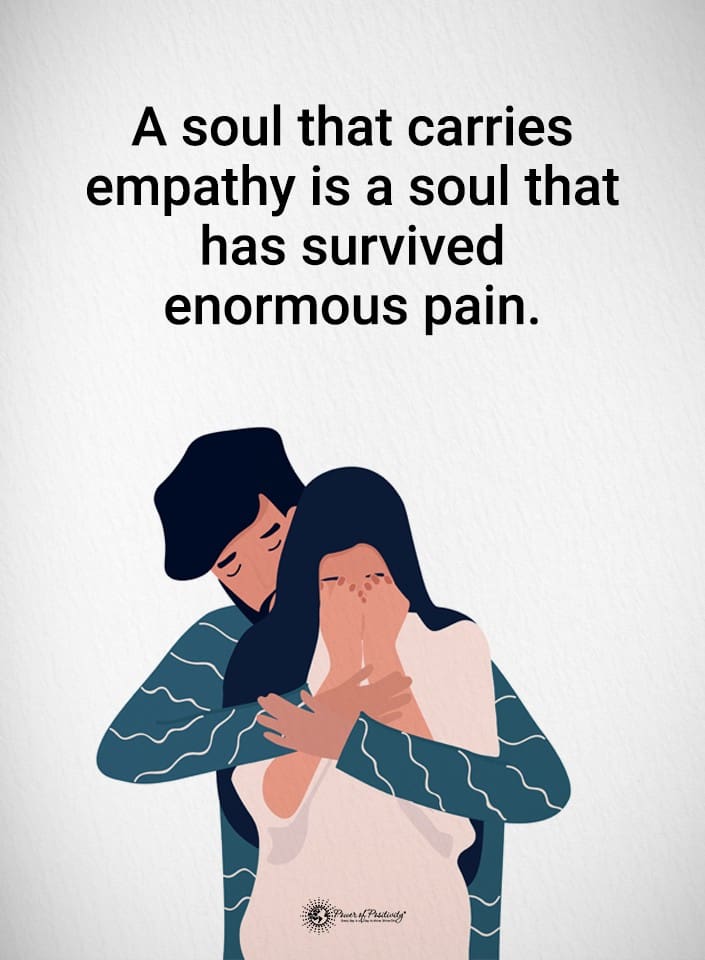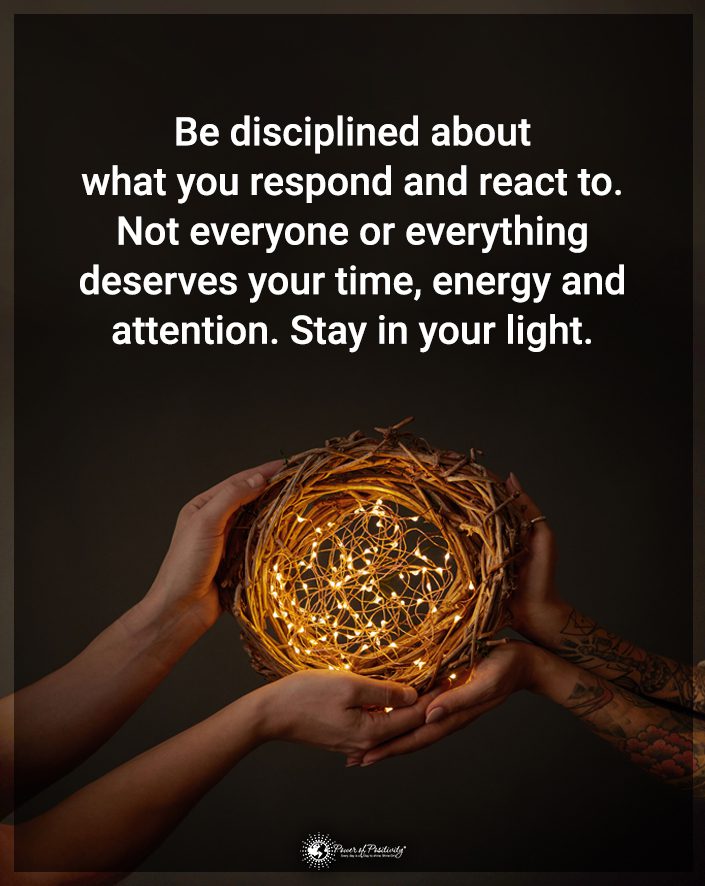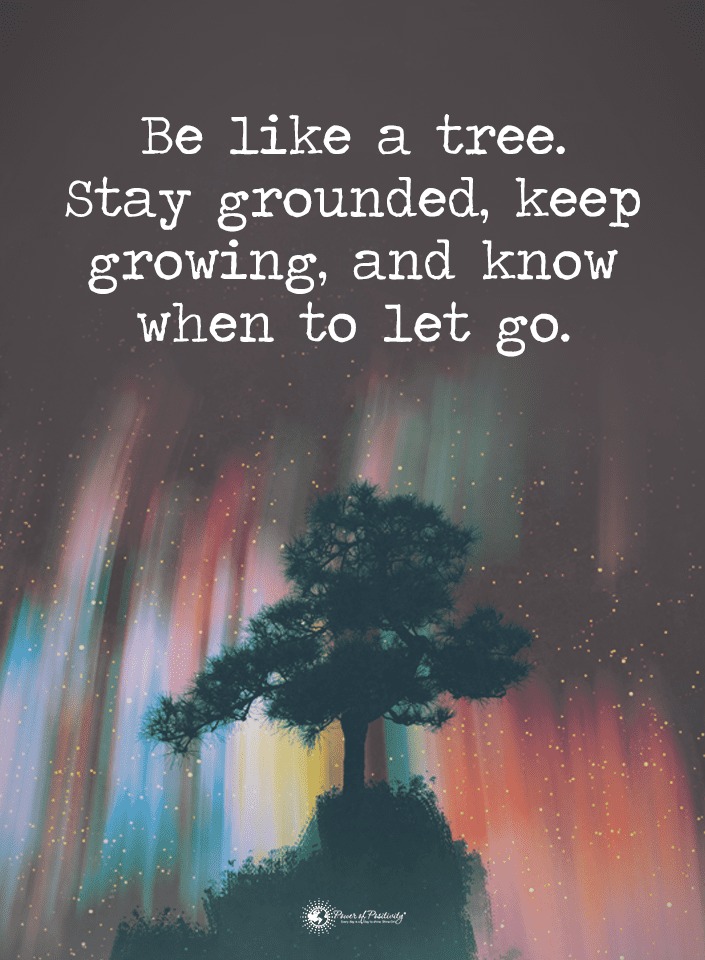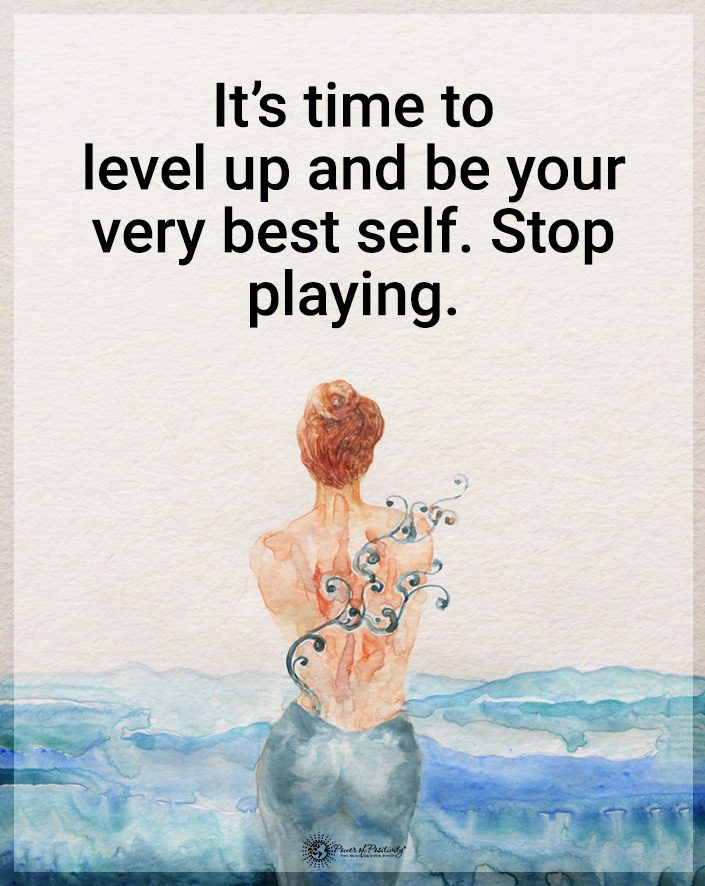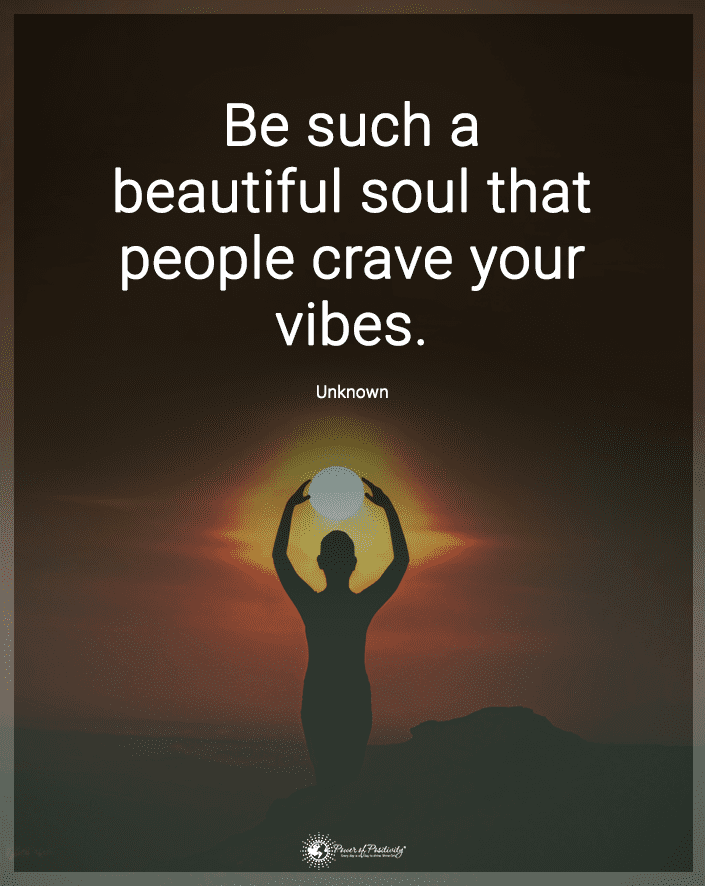Detox cleansing, or detoxification, is not new; it has been practiced for centuries in various cultures worldwide. However, its potential health benefits have gained widespread attention in recent times. By eliminating toxins, detox cleansing aims to rejuvenate the body, boost energy levels, and promote well-being.
Pollutants, processed foods, stress, and sedentary habits can burden our bodies with excessive toxins. Over time, this toxic overload can cause various health issues, such as fatigue, weakened immunity, skin problems, digestive disorders, and hormonal imbalances. Certain signs can indicate when your body may need a detox cleansing for optimal health. So, let’s delve deeper into detoxification and learn to listen to the signs you need a detox cleanse.
10 Signs Your Body Needs a Detox Cleansing
These signs can serve as valuable insights into your body’s current state and guide how to promote optimal health. So, let’s dive into the symptoms and discover how a detox cleanse can help rejuvenate your body and enhance your overall well-being.
1. Feeling Constantly Fatigued May Prove the Need for Detox Cleansing
One of the primary signs that your body may need a detox cleansing is experiencing constant fatigue or feeling constant tiredness. If you struggle to muster enough energy to get through the day, even after a good night’s sleep, it could indicate that your body is burdened with toxins.
Toxins can impact energy levels, leaving us fatigued and sleepy. Our bodies are often exposed to toxins from various sources, such as pollution, processed foods, and chemicals. They can interfere with our metabolism and impair the functioning of organs and systems responsible for energy production.
Detoxing might help rejuvenate your body and address the underlying causes of fatigue. Eliminating accumulated toxins allows your organs to function optimally and remove waste more efficiently.
2. Persistent Digestive Issues
Persistent digestive issues can indicate that your body may need detox cleansing. Some people frequently experience discomforts such as bloating, gas, constipation, diarrhea, or general digestive distress. This could indicate that your gut health is compromised and toxins accumulate in your digestive system.
Toxins can disrupt the delicate balance of beneficial bacteria in your gut. This leads to imbalances in your gut microbiota and compromises overall digestive function. Additionally, certain foods and additives commonly found in processed diets can contribute to inflammation and irritation in the digestive tract.
Detox cleanses can help improve gut health and alleviate specific digestive issues. You break your digestive system by removing processed and inflammatory foods from your diet during a cleanse. This is an opportunity for the gut to heal.
3. Skin Breakouts and Problems May Reveal Your Body Wants a Detox Cleansing
Skin problems and breakouts can be another sign your body needs a detox cleansing. Your skin reflects your internal health. And when toxins accumulate in your body, they can manifest as acne, blemishes, eczema, or dull and lifeless skin.
Skin breakouts could suggest internal imbalances and a buildup of toxins that are not effectively eliminated from the body. Toxins can disrupt the normal functioning of your skin, leading to inflammation, clogged pores, and an overproduction of sebum.
Engaging in a detox cleanse can help improve skin health by addressing the root causes of these issues. During a detox cleanse, you may focus on consuming nutrient-dense foods beneficial for skin health, such as fruits. These foods provide the necessary nutrients to nourish your skin from within and promote a clear, radiant complexion.
4. Frequent Headaches
While headaches can have various causes, toxins in the body can contribute to their occurrence and frequency. Toxins in our environment, such as air pollution or certain food additives, can build up in the body over time.
These toxins can trigger inflammatory responses and disrupt normal bodily functions, including blood circulation and nerve signaling. These disruptions can contribute to the onset of headaches. Engaging in a detox cleanse can help reduce toxins in your body, potentially alleviating the frequency and intensity of headaches.
During a detox cleanse, you may focus on consuming whole foods rich in nutrients and antioxidants. These foods support the body’s natural detoxification processes and can help reduce inflammation contributing to headaches.
5. Mood Swings and Mental Fog
If you find yourself experiencing mood swings and mental fog, it could indicate that your body needs detox cleansing. Mental fog refers to a state of cognitive cloudiness where you may experience difficulties with focus, concentration, memory, and overall mental clarity. These symptoms can significantly impact your daily life and overall well-being.
Toxins in the body can contribute to mood swings and mental fog by disrupting the normal functioning of the brain and nervous system. When toxins accumulate, they can impair neurotransmitter function, leading to imbalances affecting mood regulation and cognitive processes. Engaging in a detox cleanse can help alleviate these symptoms by reducing toxin overload in the body for better brain health.
6. Unexplained Weight Gain May Come From the Need for Detox Cleansing
Weight gain can have various causes. But the toxins in the body can interfere with your metabolism and disrupt your body’s natural balance, potentially leading to unexplained weight gain. Toxins can accumulate in fat cells and interfere with the body’s metabolic processes.
They can disrupt hormone levels, impair insulin sensitivity, and contribute to inflammation. All of these can affect how your body stores and utilizes energy. This disruption can lead to unexplained weight gain, even when dietary and exercise habits remain consistent.
During a detox cleanse, you may focus on consuming whole, unprocessed foods low in additives and artificial ingredients. These foods provide essential nutrients while reducing your exposure to potentially harmful substances that can contribute to weight gain.

7. Poor Sleep Quality
Many people struggle to fall asleep, experience frequent awakenings throughout the night, or wake up feeling unrested. Poor sleep quality is not normal. It can be a sign that toxins in your body disrupt your sleep patterns. Toxins can impede the normal functioning of the nervous system and disrupt the delicate balance of hormones that regulate sleep.
They can contribute to neurotransmitter imbalances, such as serotonin and melatonin, essential for promoting relaxation and facilitating restful sleep. Engaging in a detox cleanse can help improve sleep quality by reducing toxin overload and supporting your body’s natural sleep-wake cycle.
8. Frequent Colds or Infections
Experiencing frequent colds or infections can indicate your body needs detox cleansing. Your immune system is responsible for defending your body against harmful pathogens. And when toxins accumulate, they can compromise the function of your immune system, making you more susceptible to infections.
Toxins can weaken the immune response by causing inflammation and oxidative stress. This can impair the body’s ability to fight off infections effectively. They can also disrupt the balance of beneficial bacteria in your gut, which is crucial in supporting immune function.
During detox cleansing, you may focus on consuming foods rich in immune-boosting nutrients. So, a detox can help support immune system health by providing your body with the tools to fight infections.
9. Chronic Bad Breath or Body Odor
Chronic bad breath or body odor can indicate a need for a detox. Toxins can accumulate in the digestive system and bloodstream, affecting the body’s natural elimination processes and creating unpleasant odors. When toxins are not efficiently eliminated, they can contribute to digestive issues, imbalances in gut bacteria, and metabolic disturbances. This can manifest as chronic bad breath or body odor.
During detox cleansing, you may focus on consuming foods that support digestive health and promote the elimination of toxins. Fiber-rich foods, probiotics, and hydrating options can help support regular bowel movements and improve gut health. This can, in turn, alleviate symptoms of bad breath and body odor.
10. Sensitivity to Scents or Chemicals
Experiencing sensitivity to scents or chemical sensitivity can indicate that your body needs a detox cleansing. When toxin levels become excessive, the body may become more reactive to even small amounts of chemicals or fragrances. This can lead to headaches, dizziness, nausea, or respiratory discomfort.
During detoxification, you may focus on creating an environment free from synthetic fragrances, harsh cleaning products, and other potential irritants. This can help reduce your overall chemical exposure and give your body a chance to recover from the effects of accumulated toxins.
How to Do a Natural Detox Cleansing
A natural detox cleansing can significantly support your body’s natural detoxification processes and promote overall health. Drinking adequate water is essential for flushing out toxins from your body.
Daily drink a minimum of eight glasses of water for body cleanse. This will help you stay hydrated and support your body’s detoxification pathways. Certain herbal teas, such as dandelion root, ginger, green tea, and milk thistle, have natural detoxifying properties. These teas can help support liver function and aid in eliminating toxins from the body.
Processed foods often contain additives, preservatives, and artificial ingredients that can burden your body with toxins. Minimize consuming processed foods and refined sugars and opt for colorful produce instead. Exercise supports overall health, enhances circulation, and promotes detoxification through sweat. Do at least thirty minutes of moderate-intensity exercise most days of the week.

Final Thoughts on the Connection Between Detox Cleansing and Good Health
There is a strong connection between detoxification and improved health. Recognizing the signs indicating your body might need a detox can help you take proactive steps to improve your overall well-being.
These signs include constant fatigue, persistent digestive issues, skin breakouts, frequent headaches, mood swings, and unexplained weight gain. You may also deal with poor sleep quality, chemical sensitivity, chronic bad breath or body odor, and frequent colds.
You can incorporate various methods into your daily routine for a natural detox cleansing. Hydrating properly, drinking detoxifying teas, and engaging in regular physical activity can support your body’s detoxification processes. However, it’s important to note that seeking professional advice is advisable before embarking on a detox cleanse.
Speaking with a healthcare expert or a registered dietitian can help ensure a detox cleanse suits you. They can provide personalized guidance, considering any underlying health conditions or medications you may be taking.




